As a school, we are committed to nurturing not only academic excellence but also the values that will help shape our students into responsible global citizens. Incorporating the NAE Social Impact Program across the school, we focus on the teaching and learning of the Sustainable Development Goals (SDGs) and the United Nations Convention on the Rights of the Child (UNCRC). Throughout this blog, we will explore how these principles can also be integrated at home.
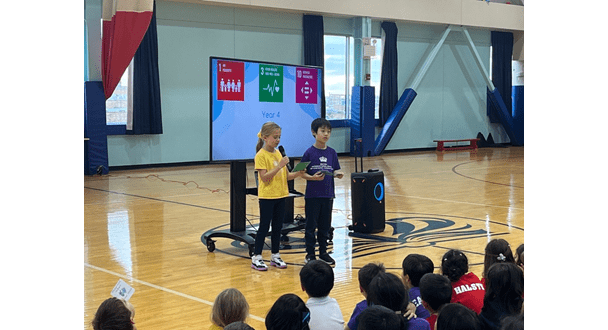
Understanding the SDGs and UNCRC:
The 17 Sustainable Development Goals, established by the United Nations, are objectives aimed at addressing global challenges such as poverty, inequality, and climate change. These goals provide a roadmap for building a more sustainable and inclusive future for all by 2030.
The United Nations Convention on the Rights of the Child (UNCRC) outlines the fundamental rights and freedoms of every child, including the right to education, healthcare, freedom of thought, and the right to participate in decisions affecting them.
Implementing the SDGs and UNCRC at home:
Education and Awareness: It is important to become familiar with the SDGs and UNCRC yourself by looking at SDG Website and UNCRC Website. Many of the SDGs relate to at least one UNCRC - consider the connections you can make. Review these parent resources for appropriate questions and focuses based on the age of your child.
Promoting Equality and Respect:Foster an environment of equality and respect at home. Teach your children to value diversity and treat others with kindness and empathy. Emphasize the importance of respecting everyone's rights, regardless of their background or circumstances. It is helpful to refer explicitly to the UNCRC for example, ‘Every child has the right not to be discriminated against,’ before discussing this further.
Environmental Consciousness: Integrate sustainable practices into your daily routines referring to the SDGs. Teach your children about the importance of conserving resources, reducing waste, and protecting the environment. Involve them in activities such as recycling, gardening, or energy-saving practices.
Promoting Health and Well-being: Prioritize the health and well-being of your family members and friends. Encourage physical activity, outdoor play, and open communication about mental health and emotions. Explain importance and the direct links to SDG #3 ‘Good Health and Well-being’ as well as Child Rights 24 and 31, ‘Health, water, food, and environment’ and ‘Rest, play, culture, and arts’
Encouraging Participation: Empower your children to voice their opinions and participate in decision-making processes at home. Encourage them to express their thoughts on family matters and involve them in planning activities and outings. This fosters a sense of responsibility and ownership and links to the UNCRC. Again, it is helpful to refer explicitly to these with your child.
Teaching Empathy and Compassion: Cultivate empathy and compassion in your children by encouraging acts of kindness and generosity. Teach them to empathize with others' feelings and experiences, and to stand up against injustice and discrimination.
Community Engagement: Engage with your local community to support initiatives aligned with the SDGs and UNCRC. This could involve volunteering for charities, participating in community clean-up events, or advocating for children's rights in your neighborhood. At BISC-LP, we love highlighting when students take part in any social impact events and encourage them to share them with the school so we can celebrate community action in school.
By integrating the principles of the SDGs and UNCRC within school and at home, we can help prepare the next generation for a rapidly changing world but also contribute to building a more sustainable, inclusive, and compassionate society. Together, we can build the values of empathy, responsibility, and respect in our children, empowering them to be agents of positive change in their communities and beyond.
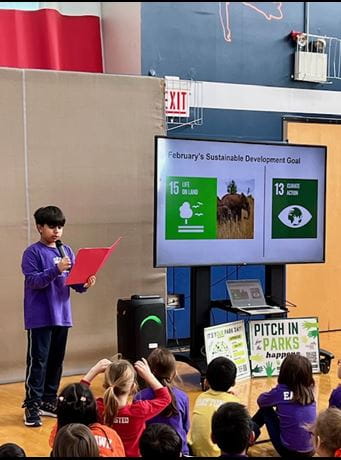
Katie Miles
Year 6 Teacher & NAE Social Impact Lead



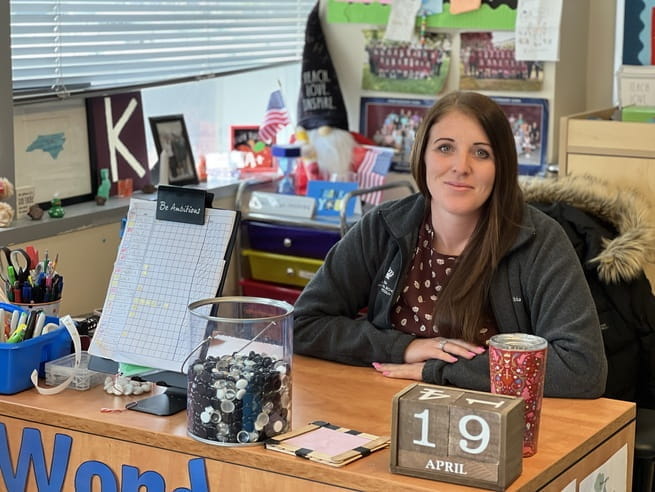
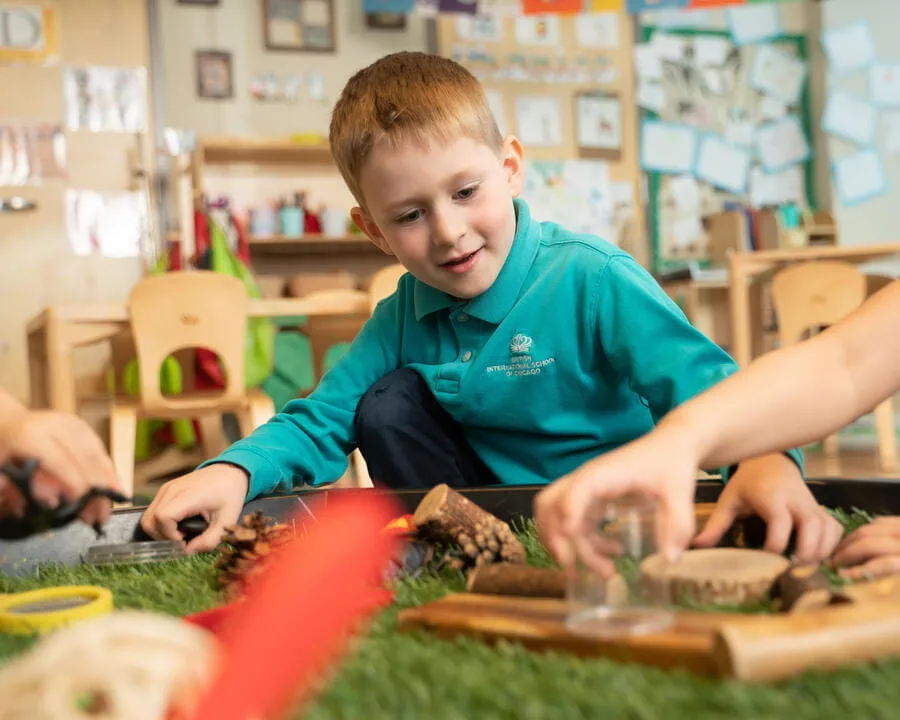


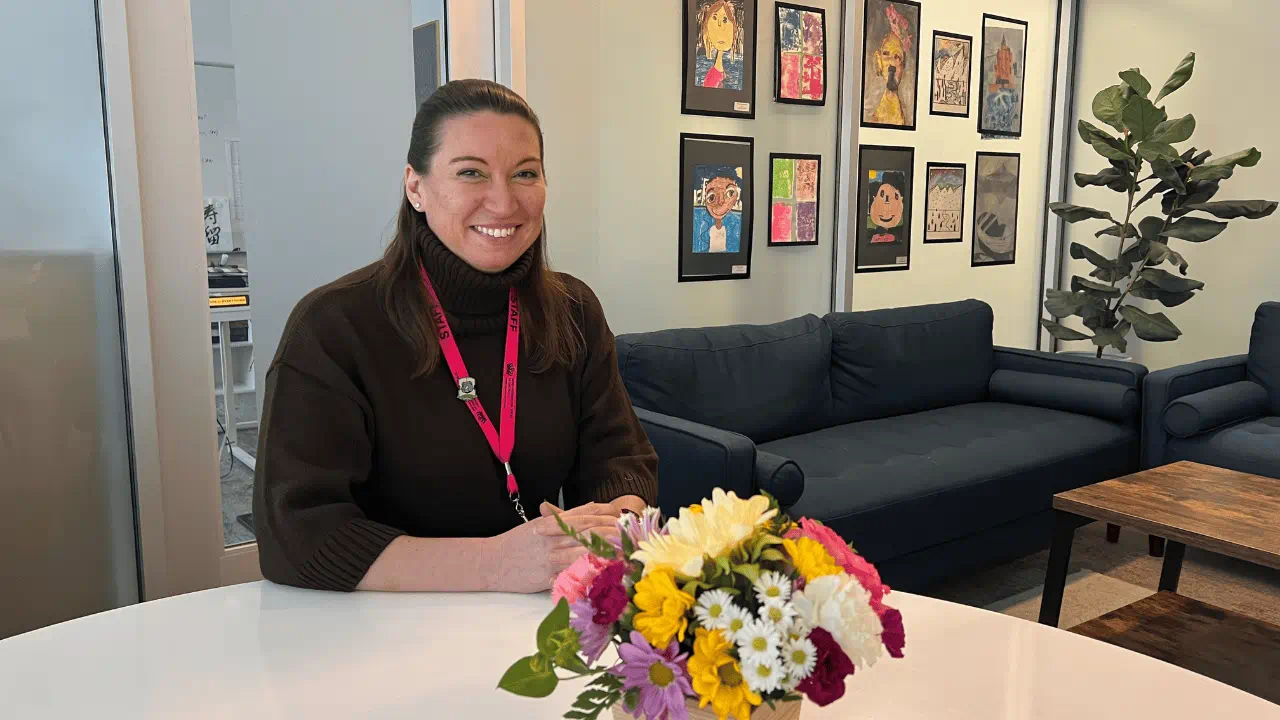
.png?h=720&iar=0&w=1280&rev=090f6aaff5c74988877e2316da2721d6&hash=9F6607FE7CEF7D53B17FB2A670C742F3)
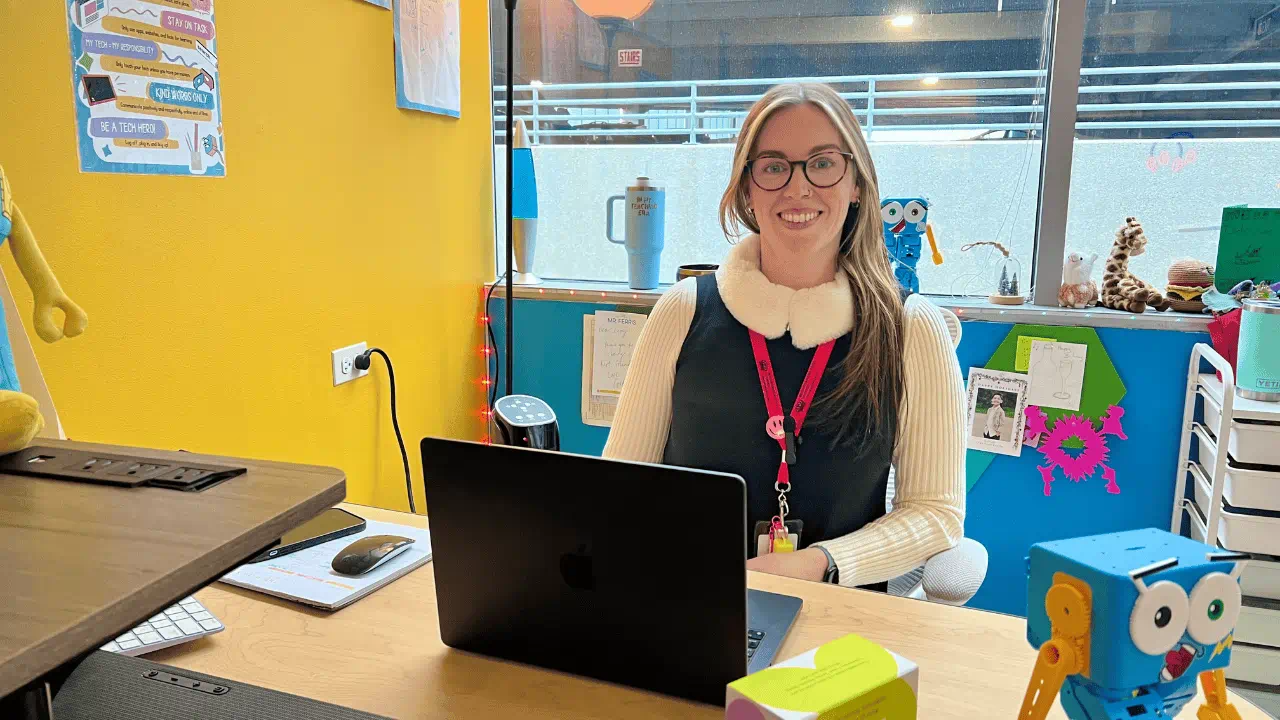
.png?h=720&iar=0&w=1280&rev=2320179e8a134c80a30f57aa0014926d&hash=C88687BFC84BE1EAFF593CD797B94013)